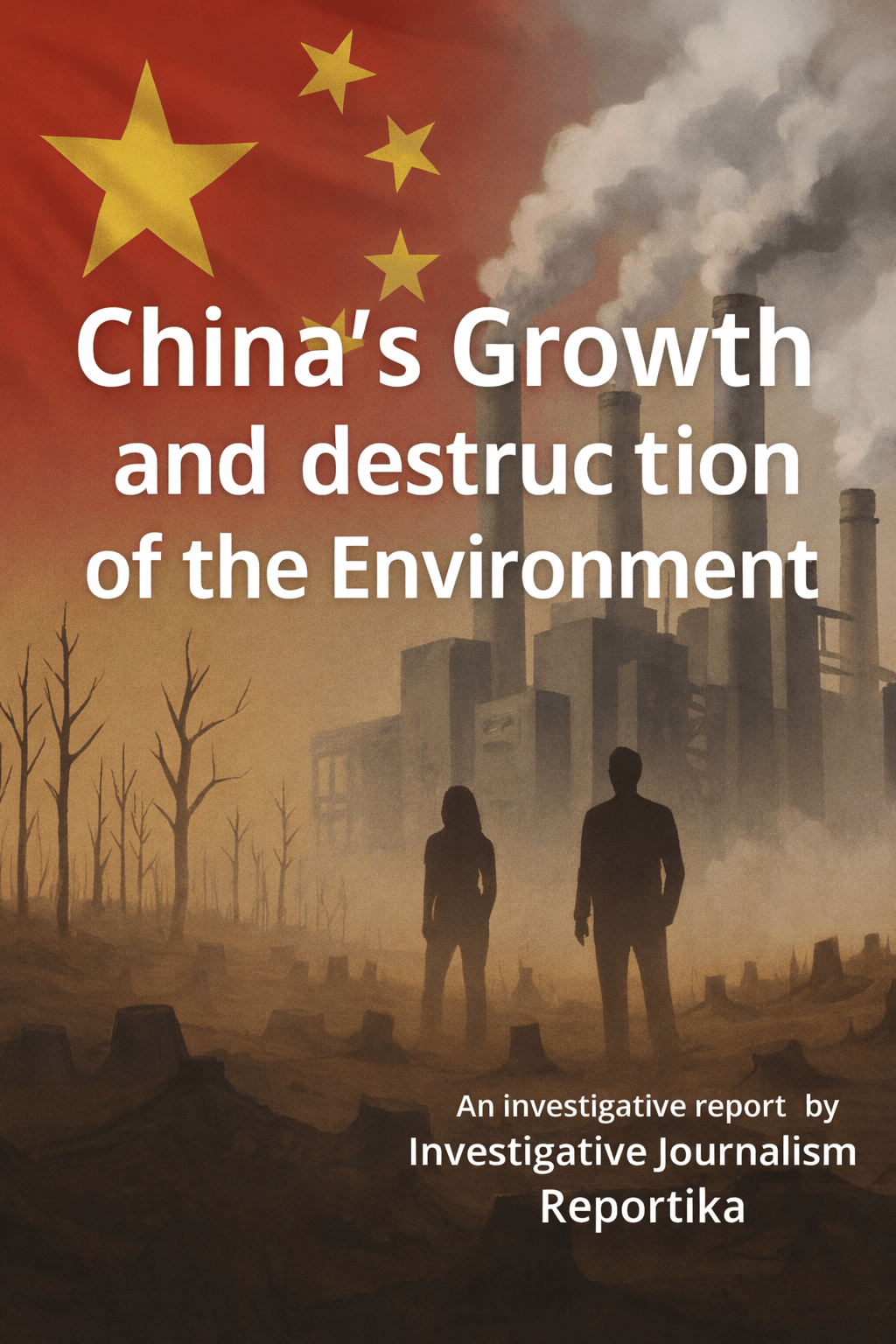Fiji’s government is reviewing a police cooperation agreement with China, the Pacific island country’s prime minister said Wednesday, underlining the balancing act between economic reliance on the Asian superpower and security ties to the United States.
Sitiveni Rabuka, who became Fiji’s prime minister after an election in December broke strongman Frank Bainimarama’s 16 year hold on power, has emphasized shared values with democracies such as U.S. ally Australia and New Zealand. His government also has accorded a higher status to Taiwan’s representative office in Fiji, but has not fundamentally altered relations with Beijing.
“When we came in [as the government] we needed to look at what they were doing [in the area of police cooperation],” Rabuka told a press conference during an official visit to New Zealand’s capital Wellington. “If our values and our systems differ, what cooperation can we get from that?”
The agreement signed in 2011 has resulted in Fijian police officers undertaking training in China and short-term Chinese police deployments to Fiji. Plans for a permanent Chinese police liaison officer in Fiji were announced in September 2021, according to Fijian media.
“We need to look at that [agreement] again before we decide on whether we go back to it or we continue the way we have in the past – cooperating with those who have similar democratic values and systems, legislation, law enforcement and so on,” Rabuka said.
China, over several decades, has become a substantial source of trade, infrastructure and aid for developing Pacific island countries as it seeks to isolate Taiwan diplomatically and build its own set of global institutions.
Beijing’s relations with Fiji particularly burgeoned after Australia, New Zealand and other countries sought to punish it for Bainimarama’s 2006 coup that ousted the elected government. It was Fiji’s fourth coup in three decades. Rabuka orchestrated two coups in the late 1980s.
Last year, China signed a security pact with the Solomon Islands, alarming the U.S. and its allies such as Australia. The Solomons and Kiribati switched their diplomatic recognition to Beijing from Taiwan in 2019.
The Chinese embassy in Fiji has said that China has military and police cooperation with many developing nations that have different political systems from China.
“The law enforcement and police cooperation between China and Fiji is professional, open and transparent,” it said in May.
“We hope relevant parties can abandon ideological prejudice, and view the law enforcement and police cooperation between China and Fiji objectively and rationally.”
China also provides extensive training for Solomon Islands police and equipment such as vehicles and water cannons.
Solomon Islands deputy police commissioner Ian Vaevaso said in a May 31 statement that 30 Solomon Islands police officers were in China for training on top of more than 30 that were sent to the Fujian Police College last year.
Rabuka has expressed concerns about police cooperation with Beijing since being elected prime minister.
“There’s no need for us to continue, our systems are different,” Rabuka said in January, according to a Fiji Times report.
BenarNews is an RFA-affiliated news organization.



